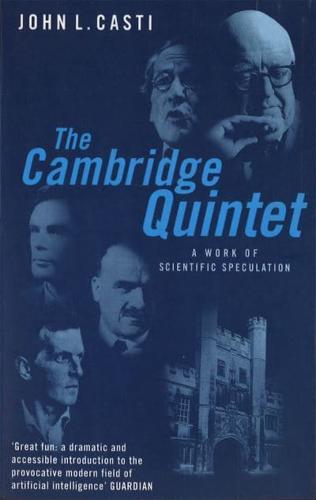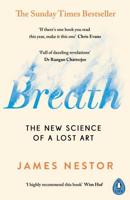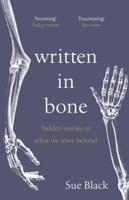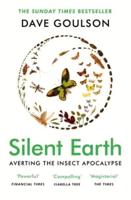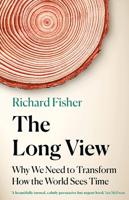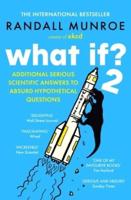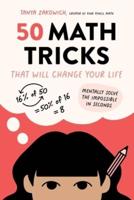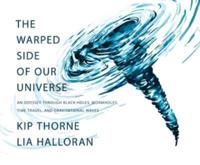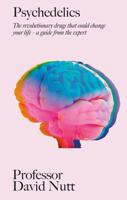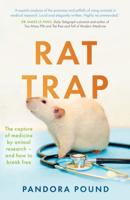Publisher's Synopsis
By 1949, the idea of duplicating human thought processes in a computer was starting to surface, as the outgrowth of code-breaking work done by Alan Turing and others in Britain during the Second World War.
This ingenious work of speculative scientific fiction reconstructs what might have been said during the animated conversation flowing around Snow's rooms that fateful in Cambridge.
The quintet's debate anticipates all of the basic questions which have surrounded artificial intelligence in the fifty years since. Can a machine think or merely process information? Is the brain simply a symbol-processing machine, as Turing suggests, and if so, what is the nature of meaning? Can there be, as Wittgenstein proposes, no thought without language, and no language without the social interaction of human beings?
